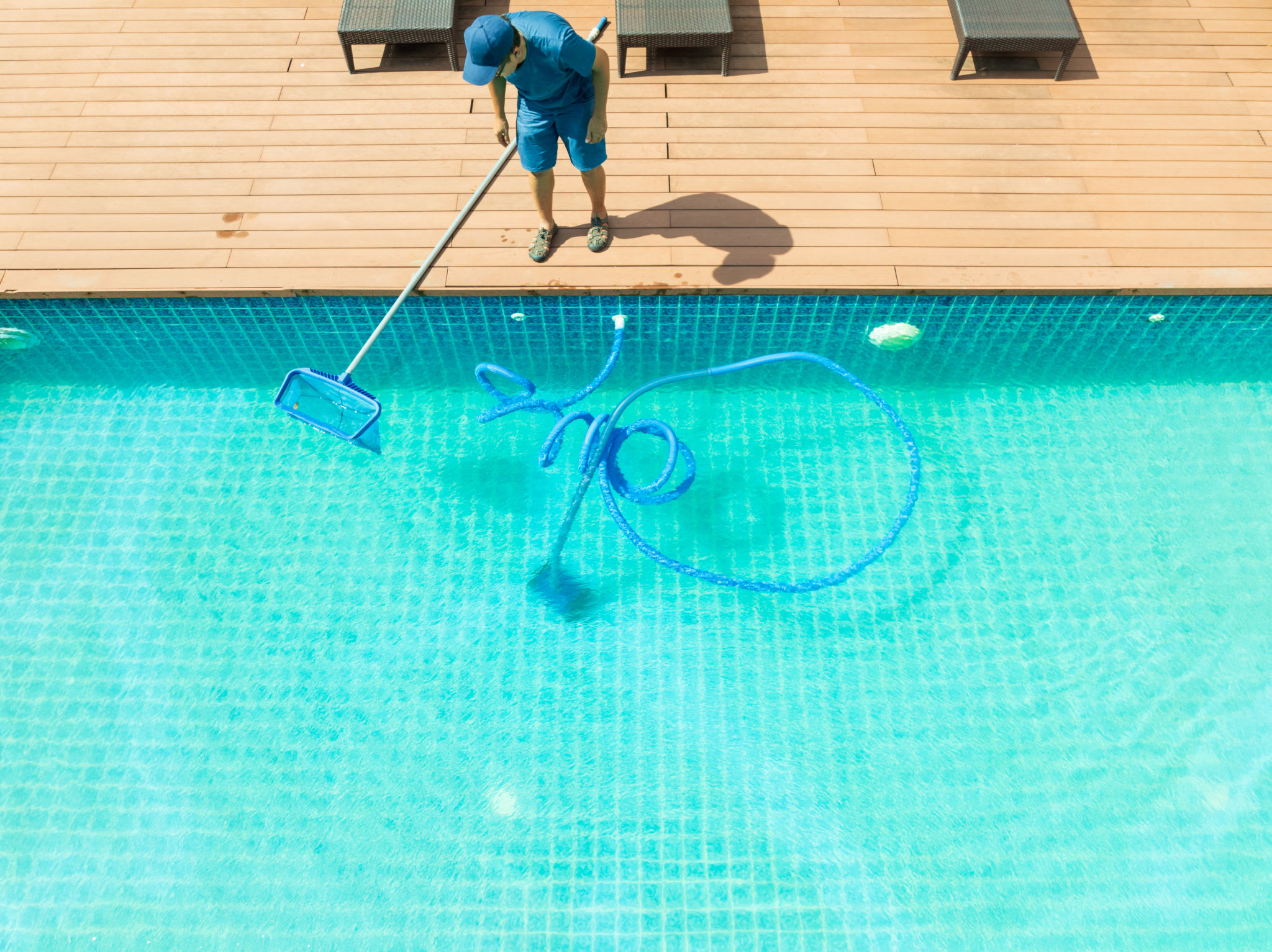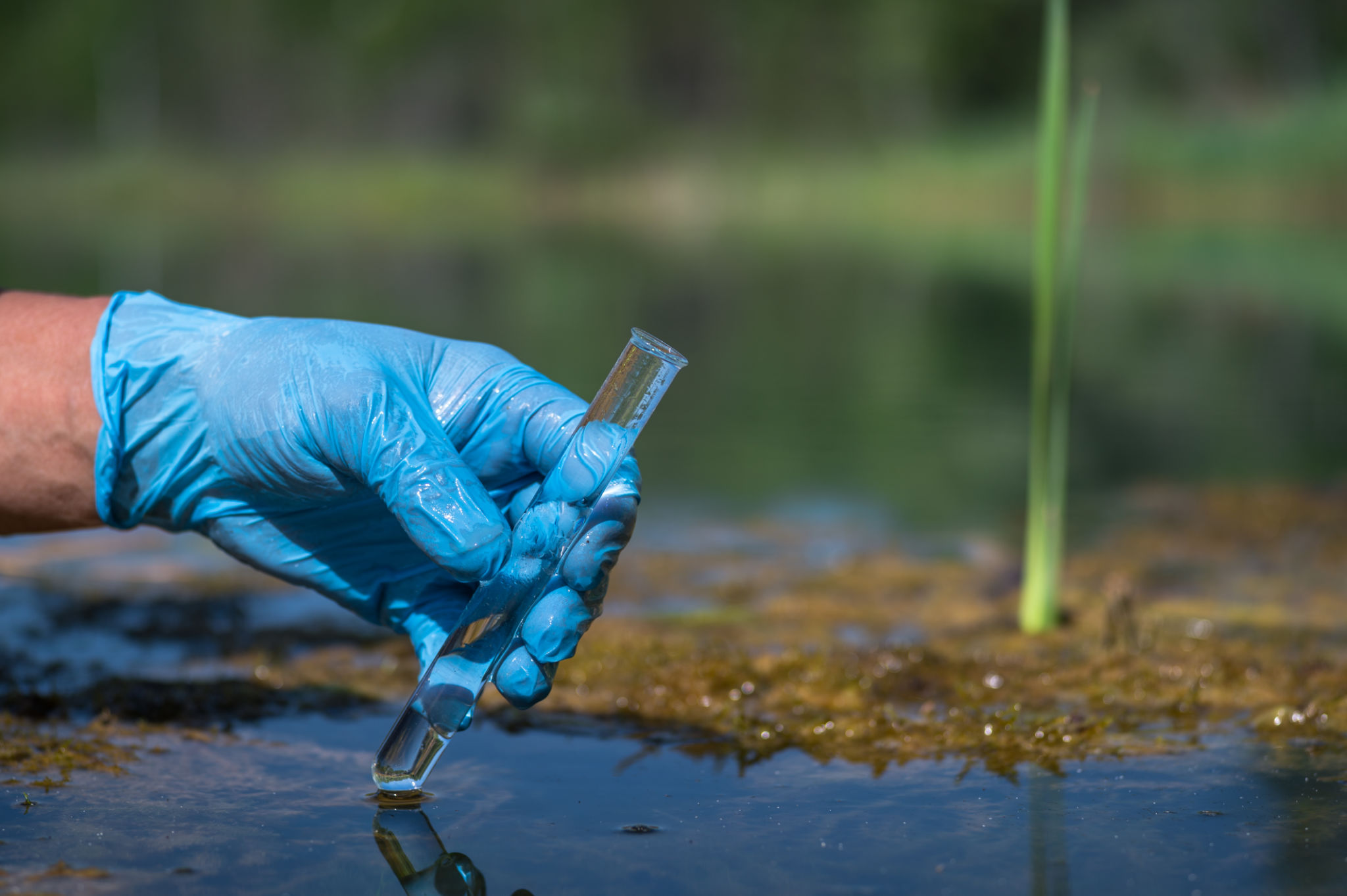DIY Pool Maintenance Tips for Homeowners in the UK
Understanding Your Pool's Needs
Maintaining a swimming pool in the UK can seem daunting, but with proper knowledge and a few handy tips, it becomes manageable. Understanding your pool's specific needs based on its type, size, and usage is crucial. Regular maintenance helps keep your pool clean, safe, and enjoyable throughout the year.
The UK's weather can be unpredictable, affecting your pool's condition. Therefore, having a routine maintenance schedule is essential. It ensures that your pool remains pristine and ready for use whenever the sun decides to shine.

Regular Cleaning and Skimming
One of the simplest yet most effective DIY maintenance tasks is regular cleaning. Skimming the surface of your pool daily to remove leaves, insects, and other debris is vital. This not only keeps the water clean but also prevents clogging in the filtration system.
Invest in a good pool skimmer and a telescopic pole to reach all areas of your pool. Additionally, vacuuming the bottom of your pool weekly will help remove any dirt or sediment that has settled. This practice ensures your pool remains sparkling clean.
Brushing the Pool Walls
Brushing the walls and tiles of your pool once a week is also important. This prevents algae buildup and maintains the overall appearance of your pool. Pay special attention to corners and steps where algae tend to accumulate more quickly.

Monitoring Water Chemistry
Maintaining the right water chemistry is essential for keeping your pool safe and enjoyable. Regularly testing the water for pH, chlorine levels, and alkalinity is necessary. These levels should be checked at least once a week using a reliable testing kit.
The ideal pH level for a swimming pool is between 7.2 and 7.6. Keeping the pH within this range ensures that the water is neither too acidic nor too basic, protecting both swimmers and the pool's equipment. Adjusting these levels might require adding chemicals, so always follow the manufacturer's instructions carefully.
Balancing Chlorine Levels
Chlorine is crucial for sanitizing your pool. Ensure that the chlorine levels are maintained between 1 and 3 parts per million (ppm). Too much chlorine can cause skin irritation, while too little may lead to bacterial growth.

Maintaining Pool Equipment
Your pool's equipment, including the pump, filter, and heater, requires regular maintenance to function efficiently. Check these components regularly for any signs of wear or damage. Clean or replace filters as needed to ensure optimal performance.
It's advisable to run your pool pump for about 8 hours a day during the summer months to ensure proper circulation and filtration. This helps keep your water clear and reduces the risk of algae growth.
Winterizing Your Pool
As winter approaches in the UK, it's important to prepare your pool for colder temperatures. Winterizing involves lowering the water level, adding winterizing chemicals, and covering your pool to protect it from debris and freezing conditions.
Properly winterizing your pool can prevent damage and make reopening it in the spring much easier. By following these steps, you ensure that your pool stays in good condition all year round.
